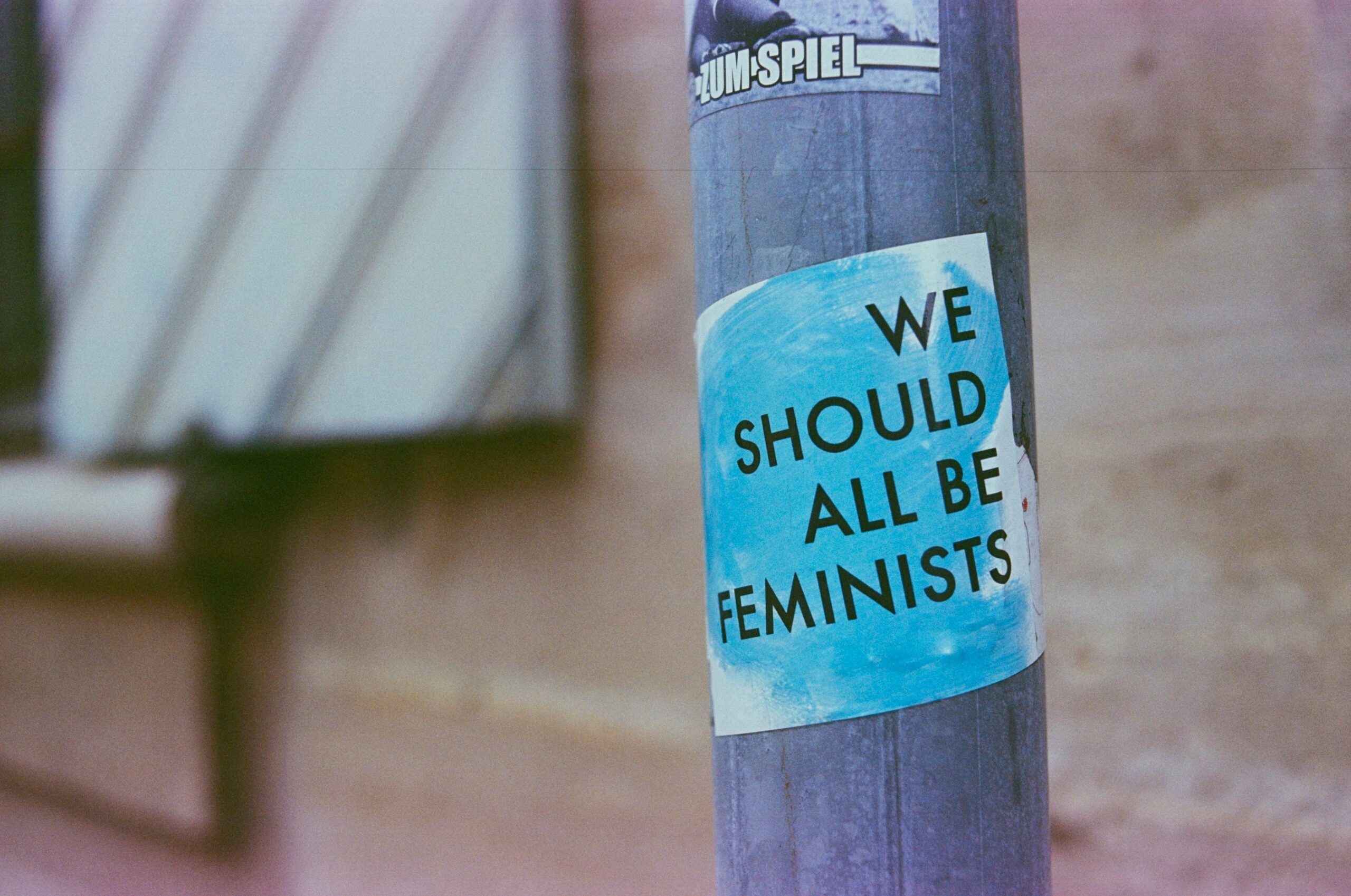McLeod Group blog by Stephen Brown, November 25, 2025
Prime Minister Mark Carney delivered the death blow to Canada’s feminist foreign policy while attending the G20 summit in South Africa a couple of days ago. At a press conference in Johannesburg, in response to a question, he stated, “I wouldn’t describe our foreign policy as feminist foreign policy”.
In one short sentence, Carney ended an eight-year initiative that had attracted much domestic and international support. His predecessor, Justin Trudeau, and numerous Liberal cabinet ministers had frequently touted the feminist foreign policy as proof that Canada was a progressive thought leader.
What was the feminist foreign policy?
Its most concrete manifestation was the 2017 Feminist International Assistance Policy, which focused Canadian foreign aid on supporting women’s empowerment and gender equality. For other aspects of foreign policy, it was never clear how much of it ever really was feminist. For a while, the Liberals used “feminist” to describe a wide range of policies, even if their feminist content was very limited.
For instance, Canada’s feminist trade policy consisted of little more than adding optional chapters on gender equality to a few free-trade agreements, conducting gender-based analysis of deals and providing some support to women-led businesses. Want to recruit more women in the Canadian armed forces? Voilà, you have a feminist defence policy.
To be fair, the Trudeau government did put in place a number of feminist initiatives, such as appointing more women to high-level positions, from cabinet posts to ambassadorships, and the aid program’s funding of women’s and LGBTQI+ groups abroad. But lacking was a deeper commitment to or articulation of substantive feminism that went beyond representation.
More of a brand than a policy
Feminism should be transformative, not just adding women to existing structures and stirring. Feminism requires actual change to those structures, doing things differently. And that is where the Trudeau government failed.
The feminist substance of Canada’s foreign policy – as opposed to symbolic statements and actions – was never easy to see. How could one square Canada’s feminist foreign policy with the selling of arms to Saudi Arabia, to be used against civilians? Even more starkly, what kind of feminist policy allows for the sale of deadly weapons to a state committing genocide?
In short, it is not clear that Canada ever had a feminist foreign policy. Despite promising in 2020 to publish a feminist foreign policy document and engaging in extensive consultations on what it should contain, the government never released any such document. As a result, the Trudeau government could call anything with female content “feminist” and ignore the label – and the underlying principles – the rest of the time. It was more of a brand than a policy.
The writing on the wall
Even towards the end of Trudeau’s time in power, the Liberals had been moving away from the feminist brand. By 2023, if not earlier, they rarely mentioned the term in public. Maybe they lost interest. Maybe they considered it an electoral liability in the face of the rise of popular support for the Conservatives under Pierre Poilièvre.
The writing was clearly on the wall when Carney replaced Trudeau as Liberal leader in 2025. His election manifesto made no mention of feminism. His cabinets have not been gender balanced. His first budget places great emphasis on defence spending, while cutting foreign aid. The status of Canada’s feminist foreign policy had been uncertain for months, if not years. It had become a zombie policy, raised from the dead in international declarations and then laid back to rest.
Nothing to mourn?
No one should be too surprised that Carney finally said the quiet part out loud: Canada has given up on having a feminist foreign policy. But, given how little the policy actually entailed in concrete terms, other than in foreign aid, is there anything to mourn?
Yes, there is. The retreat from values is a major setback for Canadian foreign policy. Women’s rights, and human rights more broadly, remain key challenges all over the world. Indeed, there are many signs that they are escalating. While Canada has not completely abandoned its contributions in those areas under the Carney government, its massive shift to hard security and economic self-interest exacts a heavy price.
Canada’s long-term security, broadly defined, depends on global wellbeing, and foreign policy can play a crucial role in achieving that. It is a terrible time, for example, to cut $2.7 billion in foreign aid, as announced a few weeks ago in the federal budget. The reduction in support for global health, and sexual and reproductive health and rights in particular, will be especially harmful for women and girls in the Global South. The Canadian government followed up by announcing cuts to multilateral efforts to fight infectious diseases in poor countries. Many observers fear the Carney government will soon abandon the Feminist International Assistance Policy.
Faced with the United States’ retreat from the global stage and Canada’s urgent need to forge strong international ties, Canada should be stepping up, not stepping down. Even if Canada’s feminist foreign policy was largely superficial, the lack of one is worse.
Stephen Brown is Professor of Political Science at the University of Ottawa. Photo by Markus Spiske on Unsplash.
